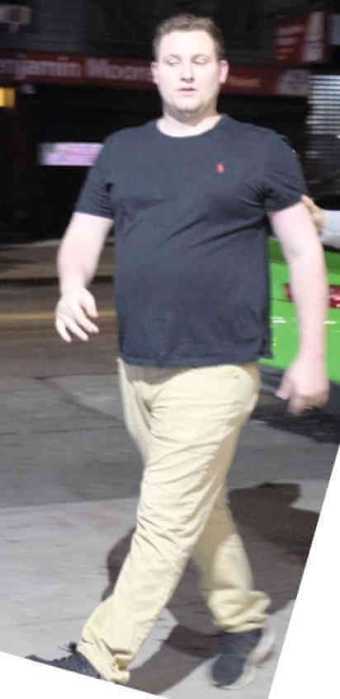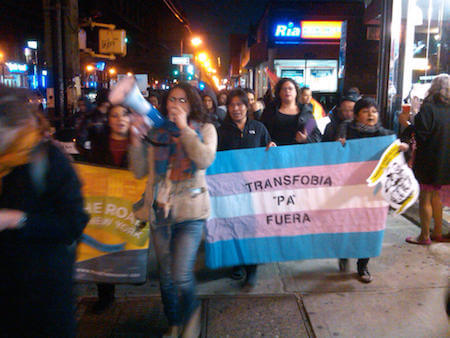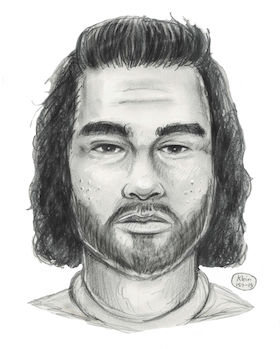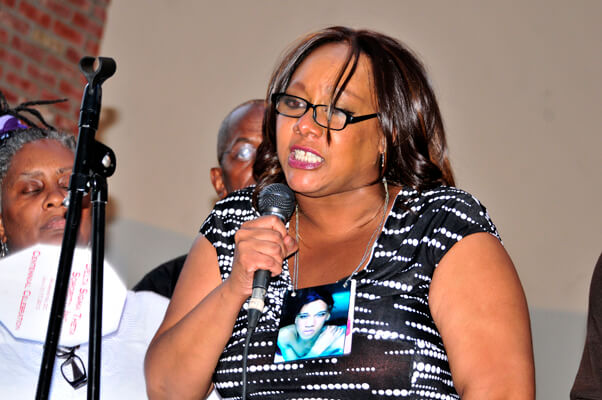Following just a day of deliberation, a Manhattan jury found Elliot Morales guilty of second-degree murder as a hate crime, weapons possession, and menacing in the 2013 shooting of Mark Carson, a 32-year-old gay man.
“Motivated by irrational rage, the defendant targeted and executed a defenseless young man based on his sexual orientation after taunting and insulting the victim and his companion,” Cyrus Vance, the Manhattan district attorney, said in a March 9 statement. “Elliot Morales’s hateful and destructive rampage may not have stopped there, if not for the intervention of a brave NYPD officer.”
Jurors began deliberating at midday on March 8 and finished at roughly the same time on March 9. Generally, a rapid verdict is indicative of a jury that had no doubts, reasonable or otherwise, of a defendant’s guilt.
Defendant who acted as own attorney convicted on 2013 Greenwich Village killing as a hate crime
The testimony at trial was that Morales, 36, encountered Carson and his friend, Danny Robinson, on Sixth Avenue near West Eighth Street. As the men argued, with Morales using anti-gay slurs, they moved north and then on to Eighth Street where Morales first displayed a gun and then fired a single shot, striking Carson in the head and killing him. Morales fled east on Eighth Street and was caught by Henry Huot, a uniformed police officer, moments after the shooting. When he was captured, Morales made statements that police recorded in which he admitted killing Carson.
Morales chose to represent himself, going through seven attorneys. When he testified, he said that he believed that Carson was armed and about to shoot him. He said that he was intoxicated after a day of drinking. When he cross-examined Robinson, 32 and the only witness who saw Morales shoot Carson, he elicited testimony that Carson and Robinson had also been drinking. He got other witnesses to testify to a few facts that might have raised some doubts though this jury clearly did not see that.
While this testimony was sufficient to get A. Kirke Bartley, the judge in the case, to instruct jurors to consider a justification defense, or self-defense, and whether being intoxicated meant that Morales did not have the legally required mental state to be guilty of the criminal charges, it was not sufficient to get jurors to find for Morales.
Morales also made repeated errors that bolstered the prosecution’s case, including calling his friend, Joseph Matos, as a defense witness. Matos was with Morales for roughly 10 hours before Carson was shot and he was on Eighth Street when the shooting occurred. Matos aided the prosecution case far more than he helped Morales.
In a lengthy and effective cross-examination by Shannon Lucey, the assistant district attorney who prosecuted the case, Morales denied nearly every fact that every other witness testified to and forced jurors to choose between his version of the event and the version offered by the prosecution. The choice was obvious.
Morales will be sentenced on April 11.



































